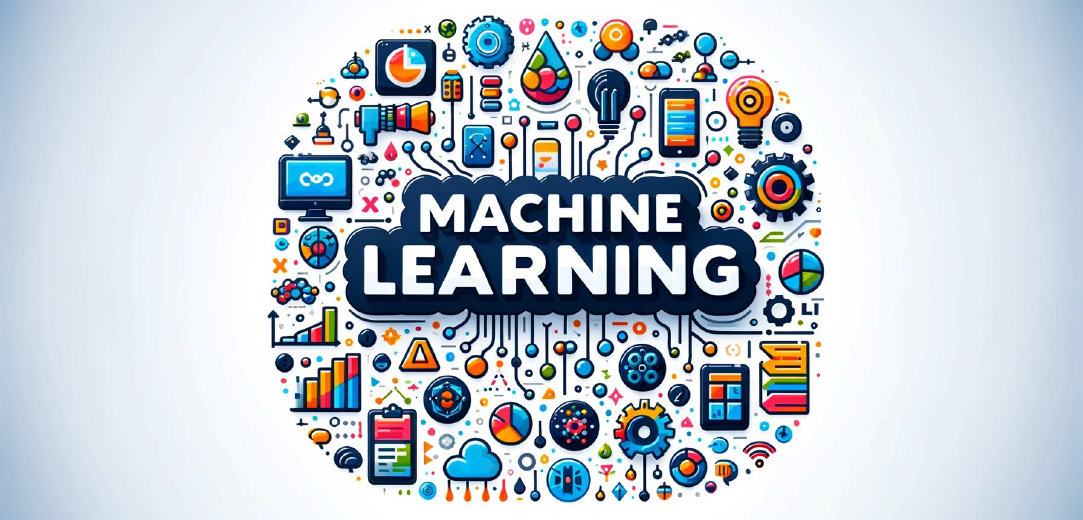Index Surge: Amplifying Your Insights
Stay updated with the latest trends and news across various industries.
Machine Learning: Your New BFF in Predicting the Future
Unlock the secrets of the future with machine learning! Discover how your new BFF can revolutionize predictions and transform decisions today!
Understanding Machine Learning: How It Transforms Data into Predictions
Machine Learning is a subfield of artificial intelligence that focuses on the development of algorithms that enable computers to learn from and make predictions based on data. By utilizing statistical techniques, machine learning systems can identify patterns and insights within large datasets that may not be immediately apparent to human analysts. As a result, organizations can leverage these insights to make data-driven decisions, optimize operations, and enhance customer experiences.
The process of transforming data into predictions typically involves several key steps: data collection, data preprocessing, model selection, training, and evaluation. First, relevant data is gathered from various sources, followed by cleaning and preprocessing to ensure its quality and consistency. Next, the appropriate machine learning model is selected, depending on the problem type—be it supervised, unsupervised, or reinforcement learning. Once the model is trained on the prepared dataset, it is rigorously evaluated to assess its accuracy and reliability, ultimately enabling businesses to harness the full potential of their data.

Top 5 Machine Learning Algorithms for Future Forecasting
In today's data-driven world, machine learning has become an indispensable tool for future forecasting across various industries. Organizations are leveraging advanced algorithms to analyze historical data and predict future trends with remarkable accuracy. Here are the top 5 machine learning algorithms for future forecasting that can help businesses make informed decisions:
- Linear Regression: A fundamental algorithm that establishes a relationship between a dependent variable and one or more independent variables. It's particularly effective for predicting continuous outcomes.
- Decision Trees: A versatile algorithm that breaks down data into smaller and more manageable parts, making it easier to interpret complex relationships.
- Support Vector Machines: This powerful algorithm is used for classification and regression, excelling in high-dimensional spaces.
- Time Series Analysis: Specifically designed for forecasting temporal data, this approach takes historical data points to predict future values.
- Neural Networks: Inspired by the human brain, this algorithm can capture intricate patterns in large datasets, making it ideal for complex forecasting tasks.
How Can Machine Learning Help You Make Better Decisions?
Machine Learning (ML) is revolutionizing decision-making processes across various industries by providing data-driven insights that enhance accuracy and efficiency. By analyzing vast amounts of data, ML algorithms can identify patterns and trends that may be invisible to the human eye. For instance, machine learning can help businesses forecast sales, optimize supply chains, and improve customer experiences through personalized recommendations. The use of algorithms to predict outcomes enables companies to make informed choices, ultimately leading to better resource allocation and strategic planning.
Moreover, machine learning can facilitate quicker decision-making by automating routine tasks and providing real-time analytics. Organizations can leverage tools like natural language processing (NLP) to analyze customer feedback, sentiment, and engagement, allowing them to adapt their strategies almost instantaneously. As a result, businesses can respond to market changes promptly, minimizing risks and maximizing opportunities. By integrating machine learning into their decision-making frameworks, companies can gain a competitive edge and foster innovation in their operations.